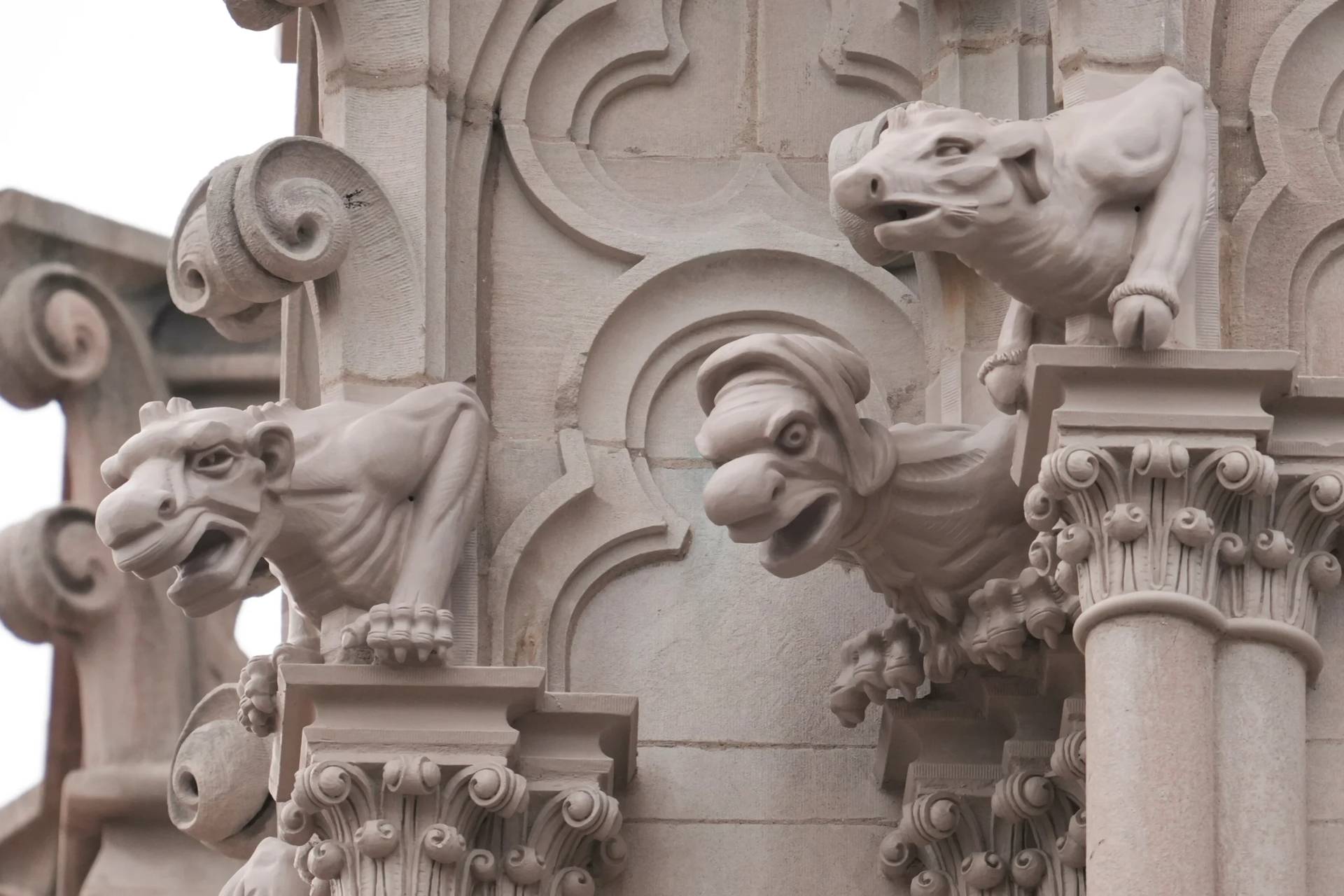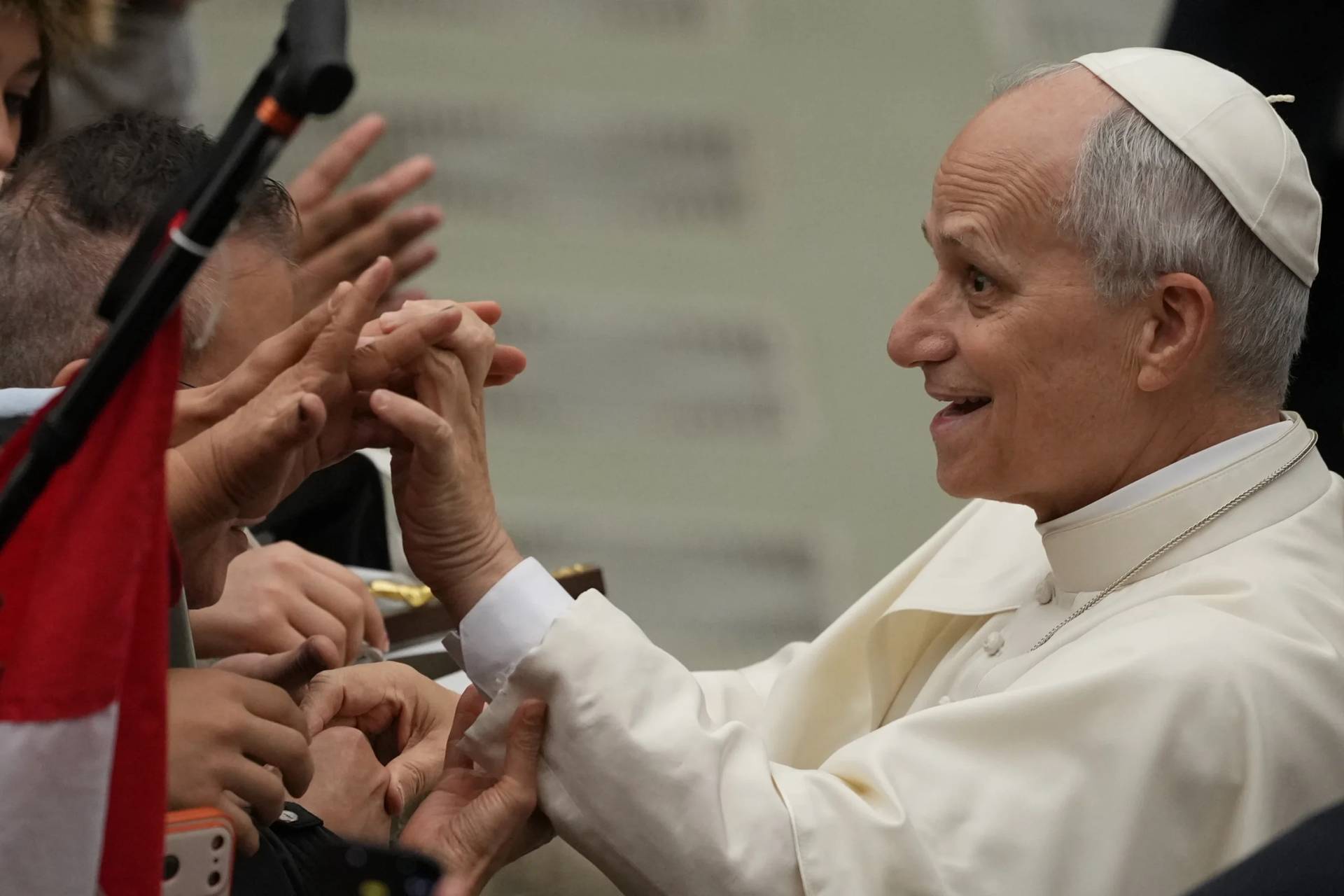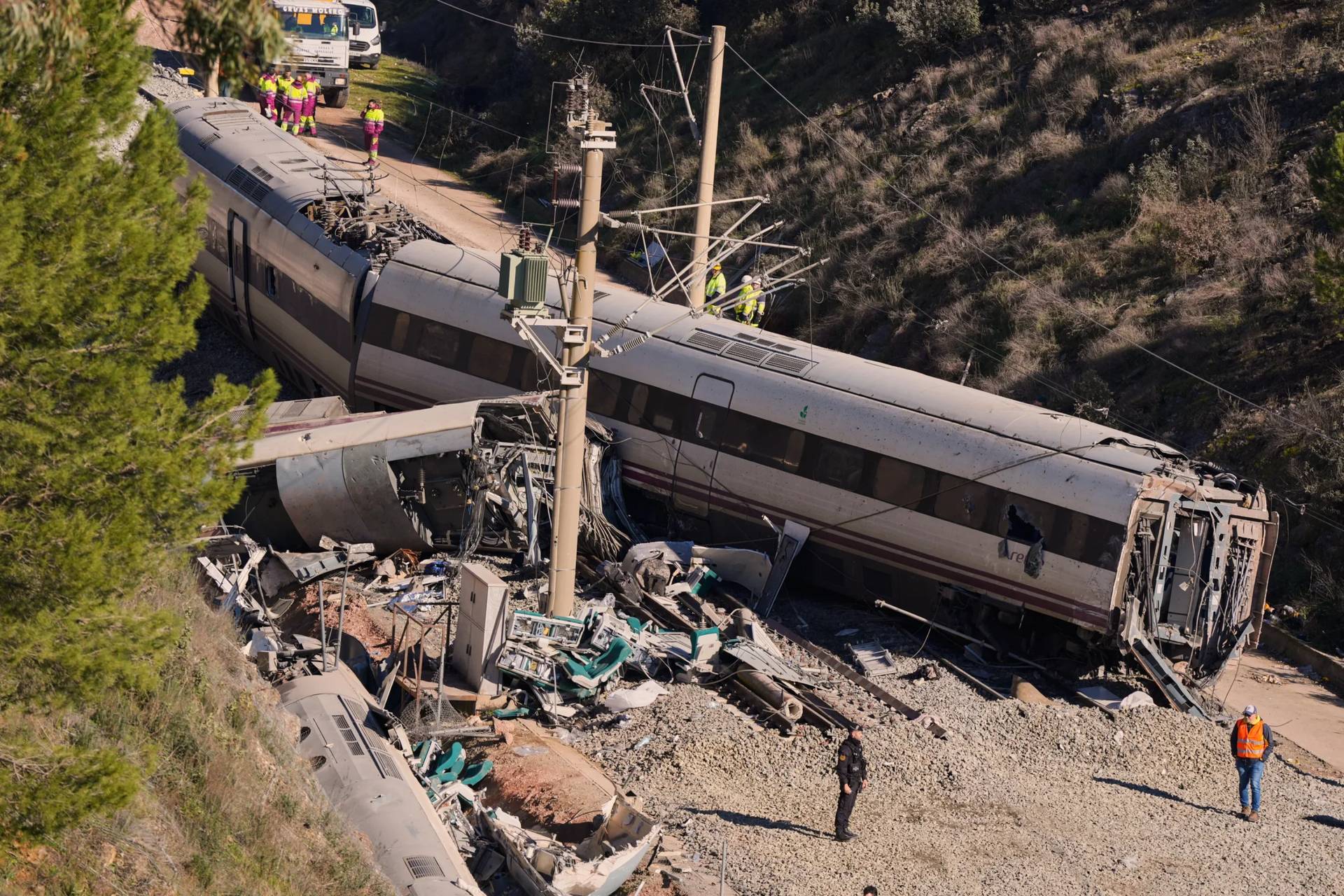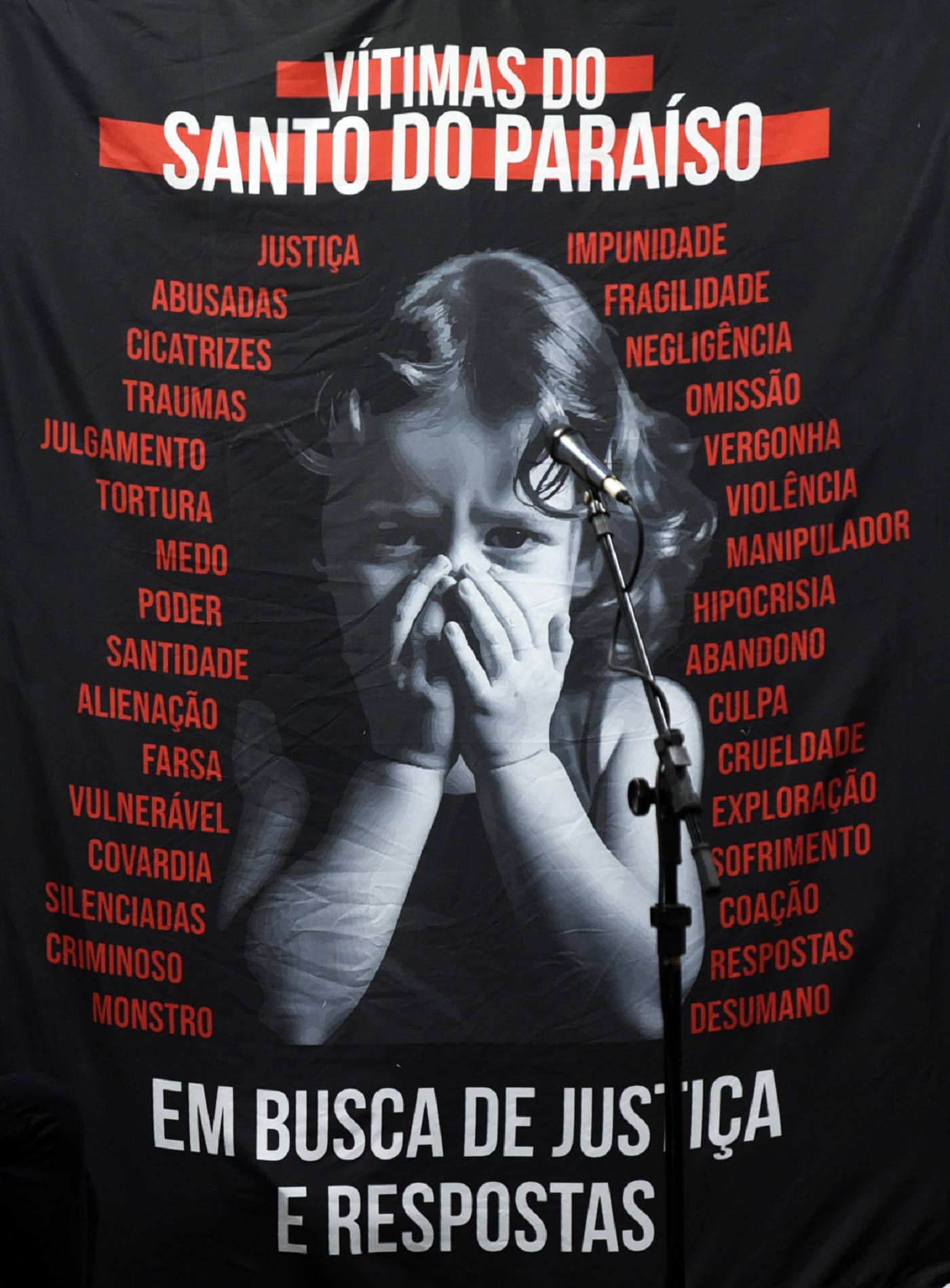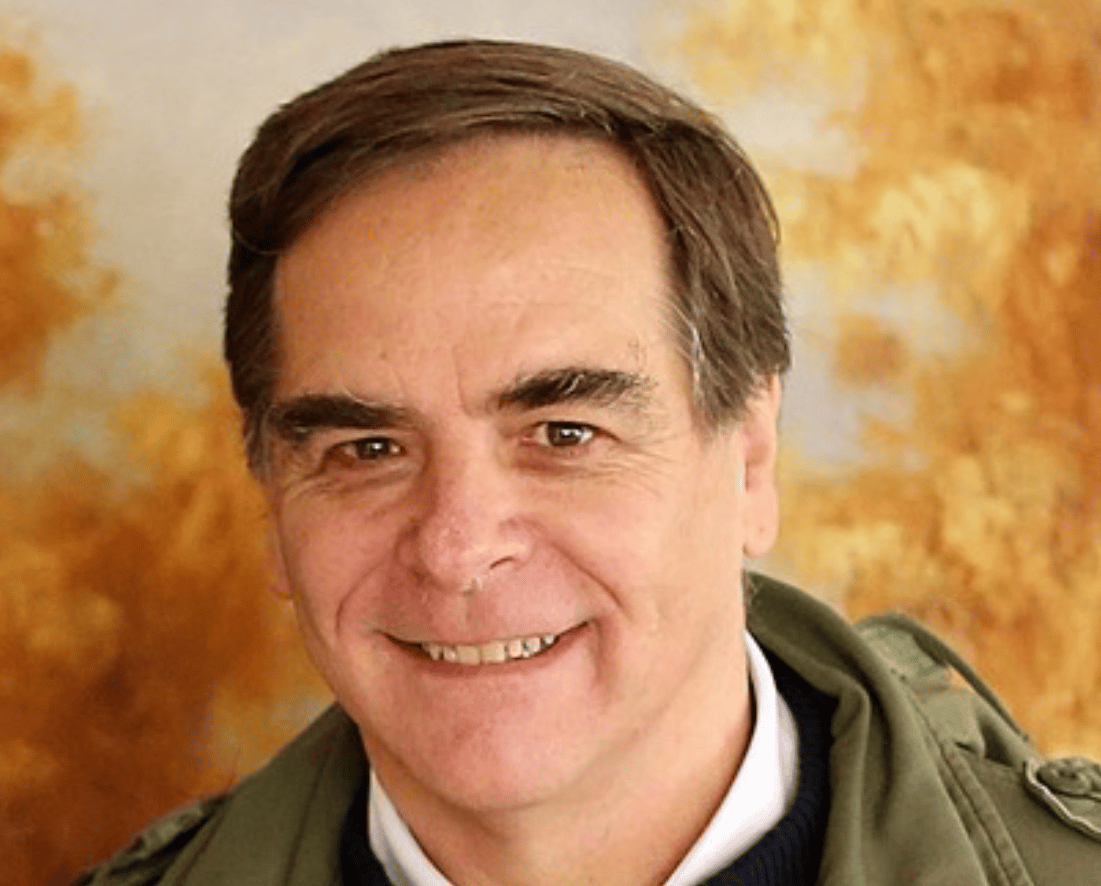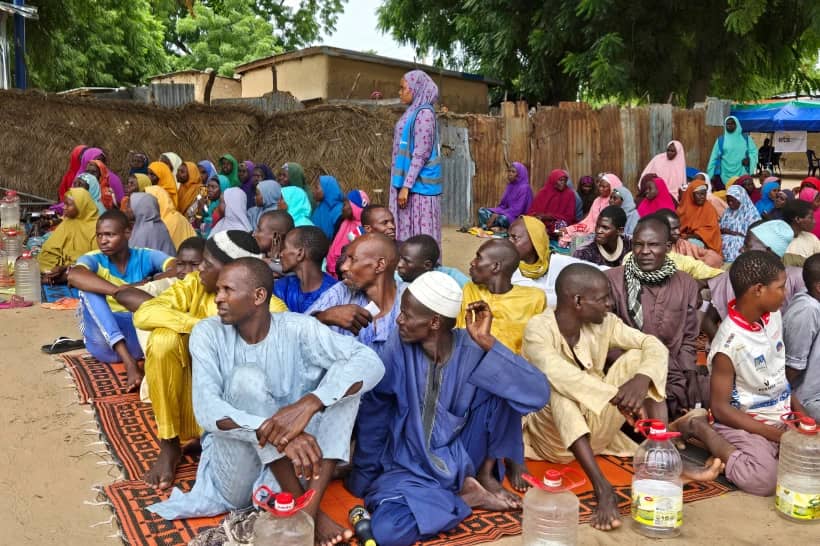ROME – Members of a global anti-clerical abuse network met with the Argentine Ambassador to the Holy See, Rogelio Francisco Emilio Pfirter, on Monday to promote initiatives in support of “zero tolerance” in Pope Francis’s native land.
“Argentina is also the land of Pope Francis, and we thought it was important to bring forward certain requests to the Argentine government,” said Francesco Zanardi, president and founder of Italy’s most prominent survivor network Rete l’abuso, in an April 29 interview with Crux.
Unlike the situation in Italy, Zanardi said, actions to promote accountability and transparency in Argentina are proceeding “very well.”
The Italian clerical abuse survivor and activist led a delegation of “Ending Clarical Abuse,” (ECA), a global network of survivors, during a meeting Monday with the ambassador in Rome only a stone’s throw from the Vatican.
From May 3-6, ECA will launch a series of initiatives in Argentina calling Francis to address the growing concerns about clerical abuse and cover-up in the country.
The pope hasn’t traveled to his native country in the six years since the beginning of his pontificate. Despite bishops from all over the world generally being required to come to the Vatican for an ad limina visit every five years, meaning “to the threshold” of the apostles, the Argentinian episcopacy will be travelling to Rome for the first time since 2009 in the coming weeks.
Some believe that the upcoming visit from Argentine bishops is meant to encourage Francis to return to his homeland.
Argentina has been plagued with sexual scandals by clergy in the past five years. Among them is the infamous case of Father Nicola Corradi, an Italian priest currently under house arrest for allegedly raping and harassing many deaf and mute people at the Provolo Institute.
The headquarters of the facility are in Verona, Italy, where Corradi was accused of sexually abusing the deaf and mute patients there before moving to Argentina.
RELATED: Argentina: Raids at school for deaf in clerical abuse probe
On April 26, Argentine authorities asked for the extradition of Father Eliseo José Primati, 83, who currently is in Verona and is accused of rape, sexual abuse and corruption of minors at Provolo. Soon after, an arrest warrant was issued for Corradi and a lay employee.
“I congratulate the Argentine government,” Zanardi said, adding that given “the bad reputation that Italy already has at the United Nations in regard to child protection, if it didn’t allow the extradition it would be a mafia.”
RELATED: UN committee blasts Italy for complicity in Church’s abuse scandals
During the meeting with the ambassador, ECA asked Argentine authorities to act on the following:
- Immediately direct Argentine bishops and religious superiors to enact true zero tolerance in policy and practice.
- Launch investigations of active Argentine bishops who have shielded predator priests.
- Amend the 1966 Concordat between the Holy See and Argentina so that bishops can no longer invoke it to withhold information about child sex crimes from civil authorities.
According to Zanardi, the Vatican’s reach is limited in addressing clerical sexual abuse because any legislation would only be valid in the Vatican or in its embassies all over the world. For this reason, enacting “zero tolerance” measures is the only effective way to ensure the protection of minors or vulnerable adults, he said.
“What is zero tolerance?” Zanardi asked, “It’s to report crimes to judicial authorities, to release documents under the pontifical secret and to denounce bishops who cover up abuse.”
“These are all things that Pope Francis has promised,” he said.
The concordat between Argentina and the Holy See, Zanardi continued, is what allowed Francis to send a commissioner to the Provolo Institute and keep a lot of documentation secret.
RELATED: Argentina probes sex abuse at deaf school, what Vatican knew
As Argentina tries to grapple with sexual abuse scandals within the Church and attempts to push back against Catholic teaching by legalizing abortion are ongoing, some wonder whether the country would even welcome a visit by Francis.
According to Zanardi, “Bergoglio will never go to Argentina.”
“If he returns, he’ll have to provide some answers and it will certainly make the pope look bad,” he added.
A step in the right direction, he said, would be enacting the “zero tolerance” measures that the pope has promised before returning to Argentina, especially for the accountability of bishops.
“Everyone is hanging on Pope Francis’s words,” Zanardi said. “The Church can do something valid by obliging clergy to report to the state authorities. If the pope wants to do something, he should start with this.”








